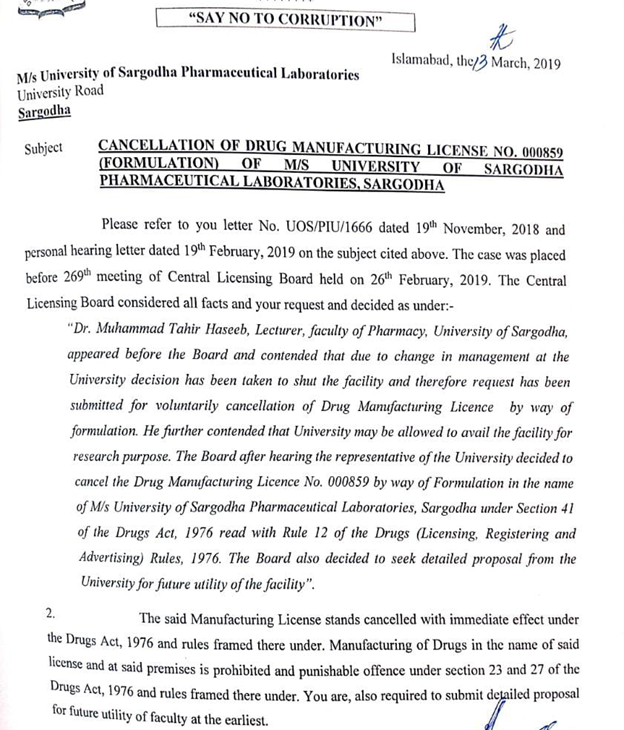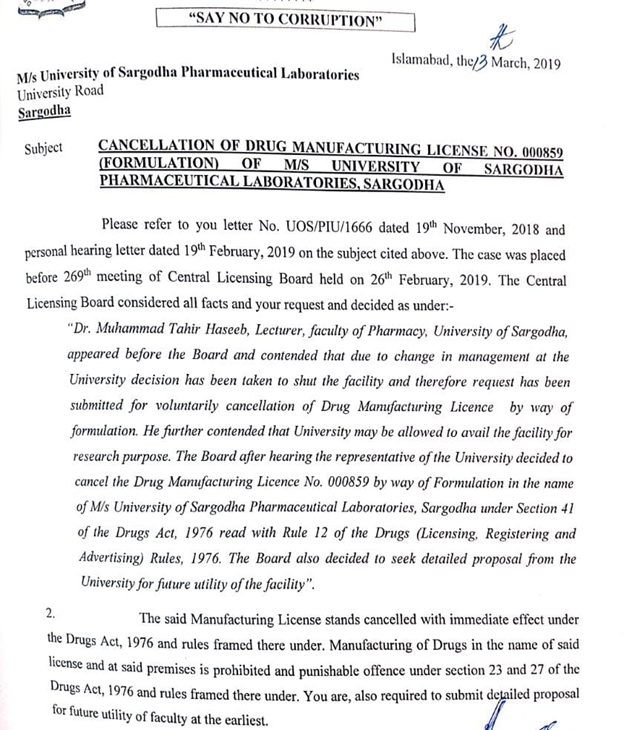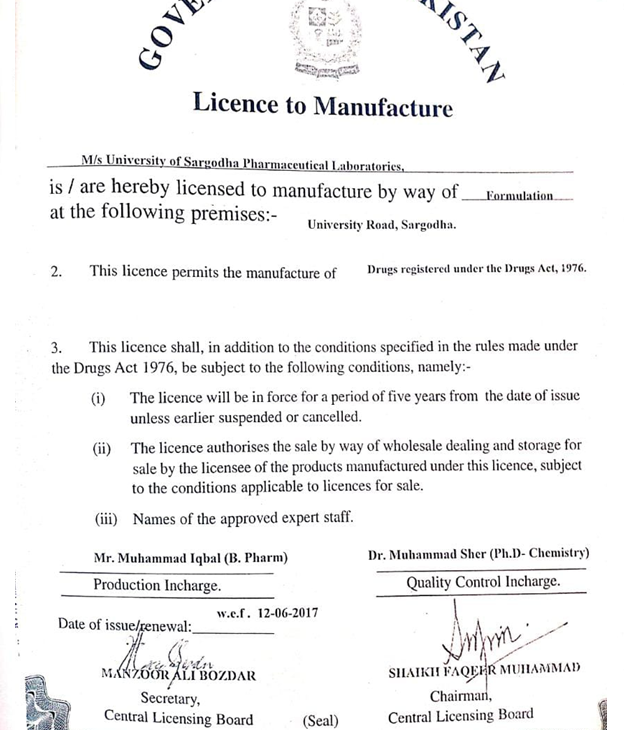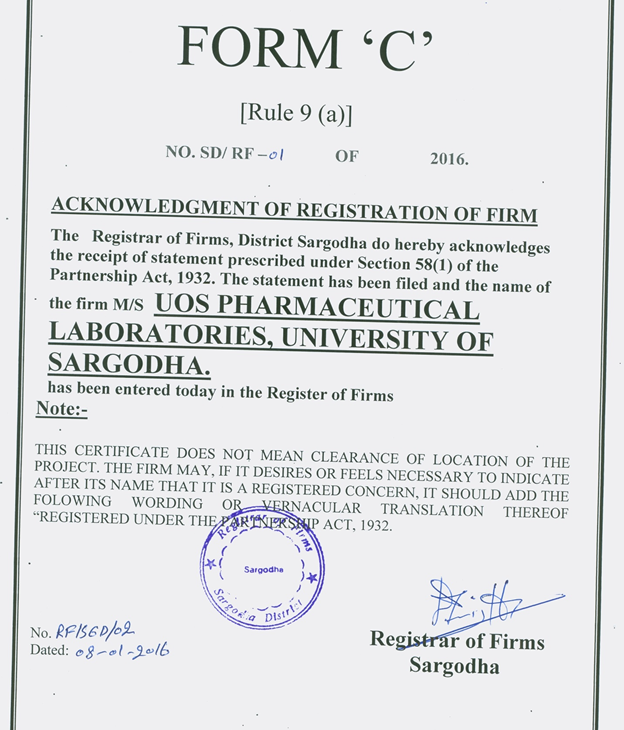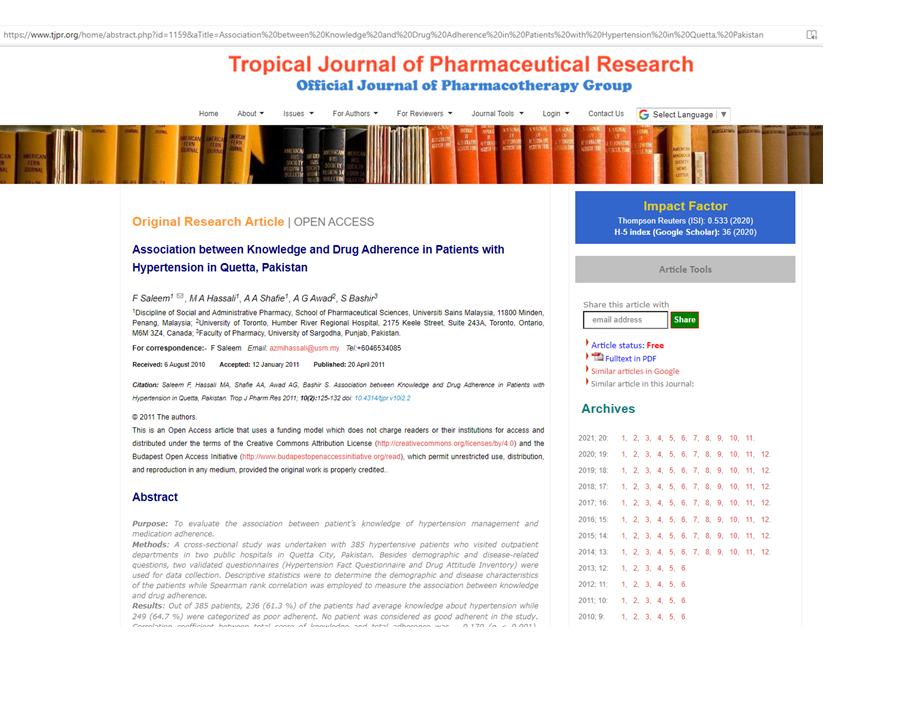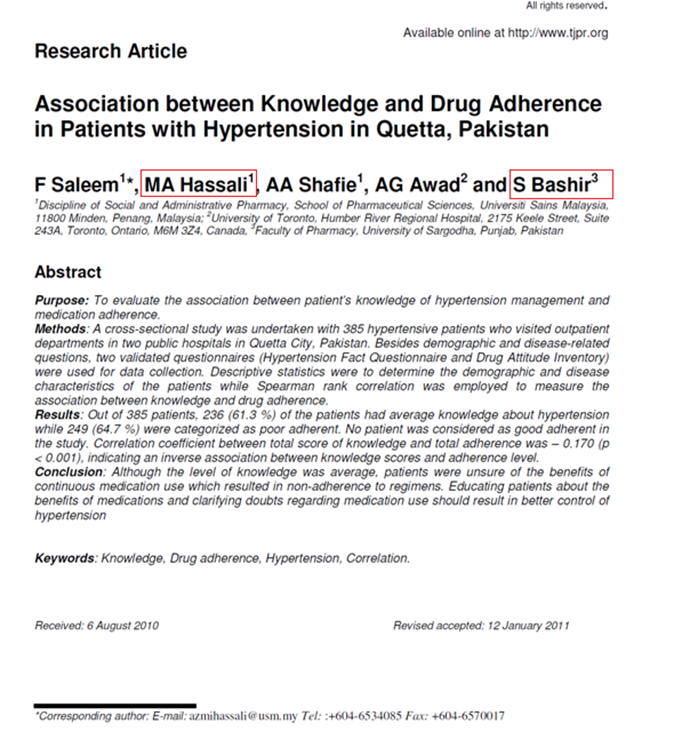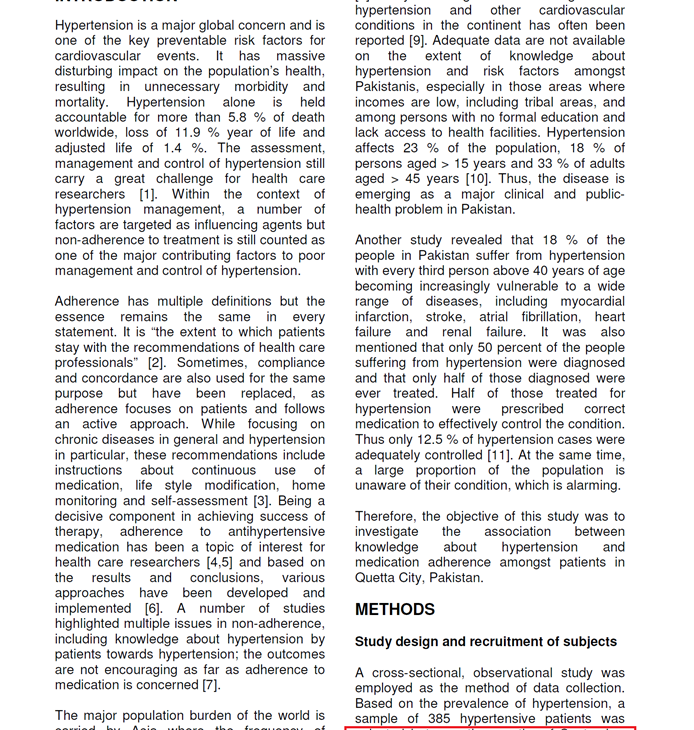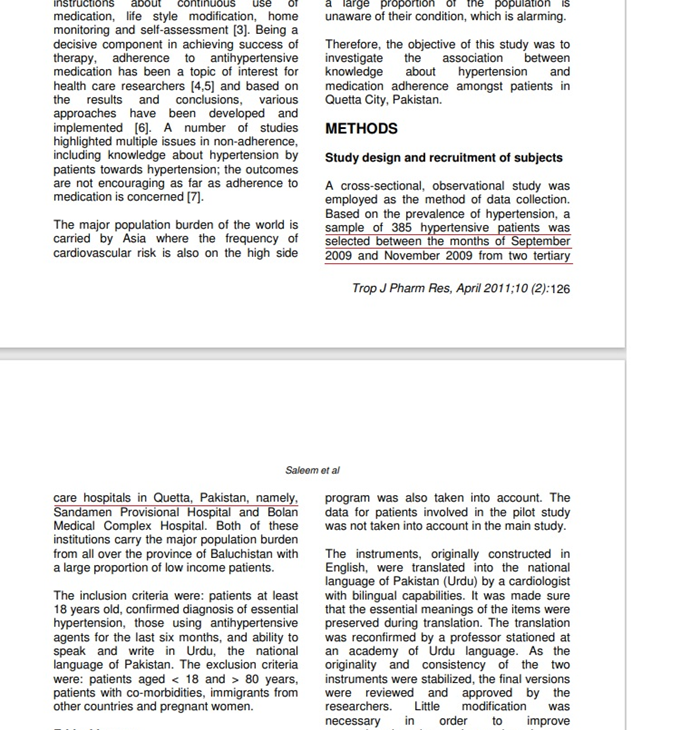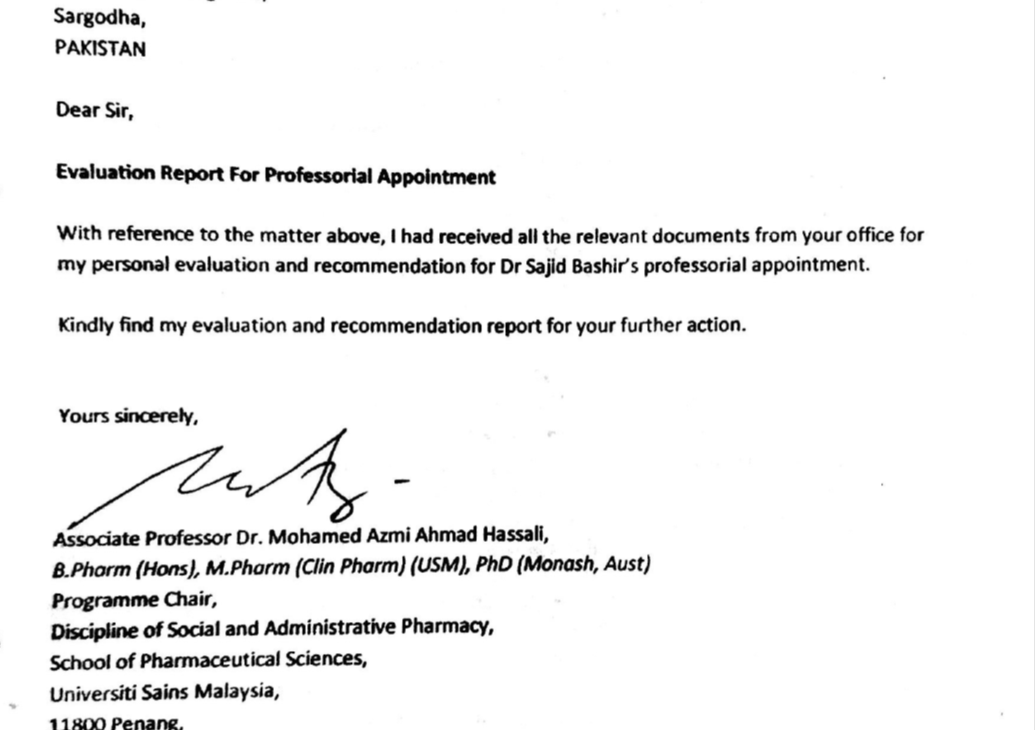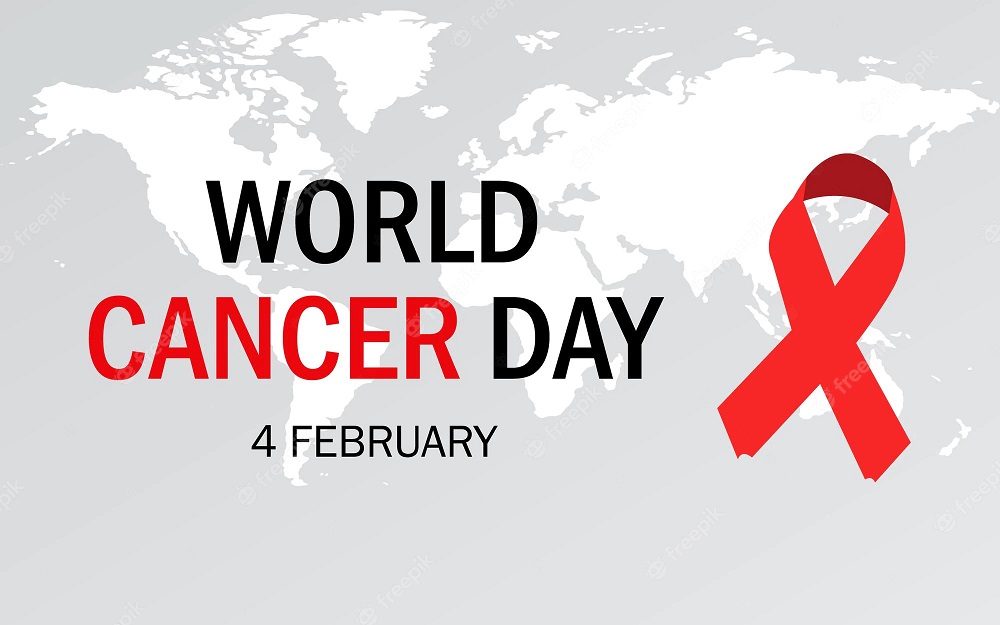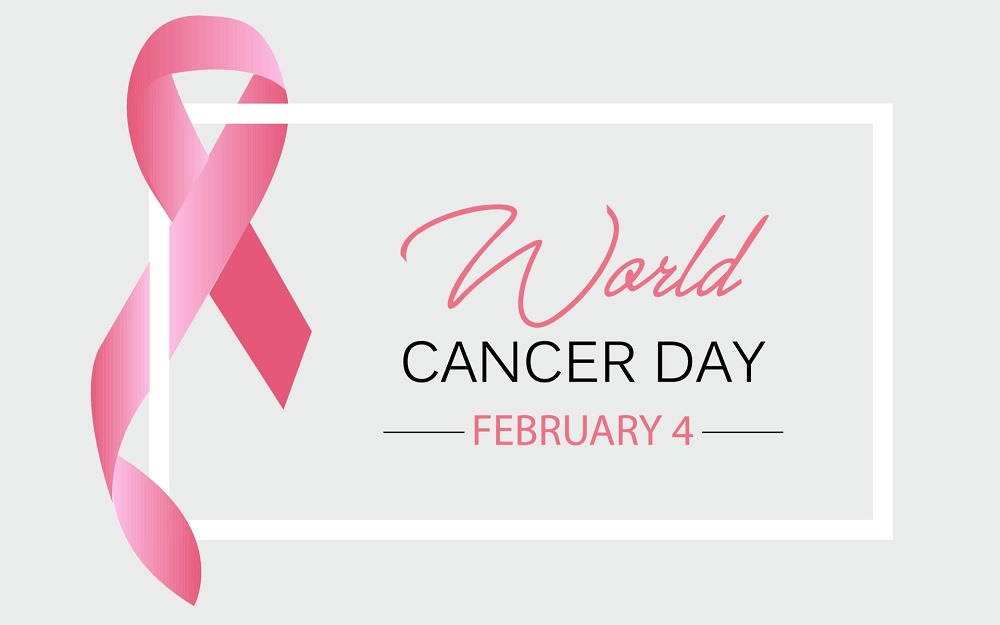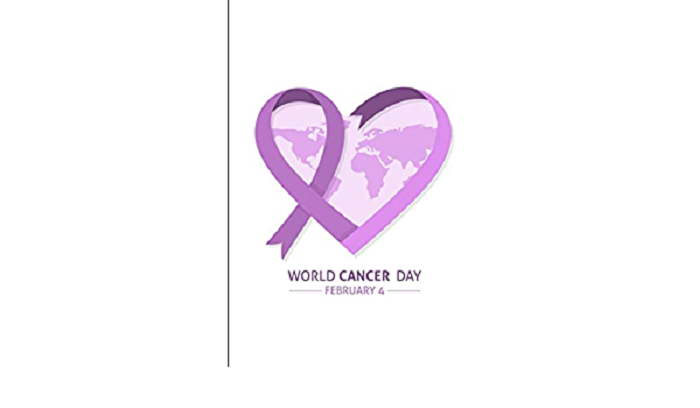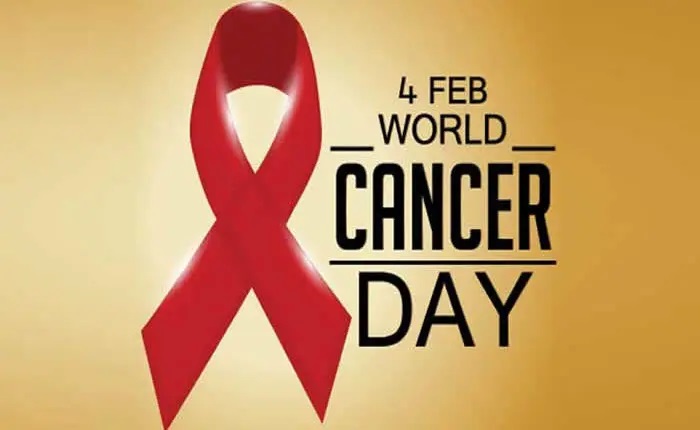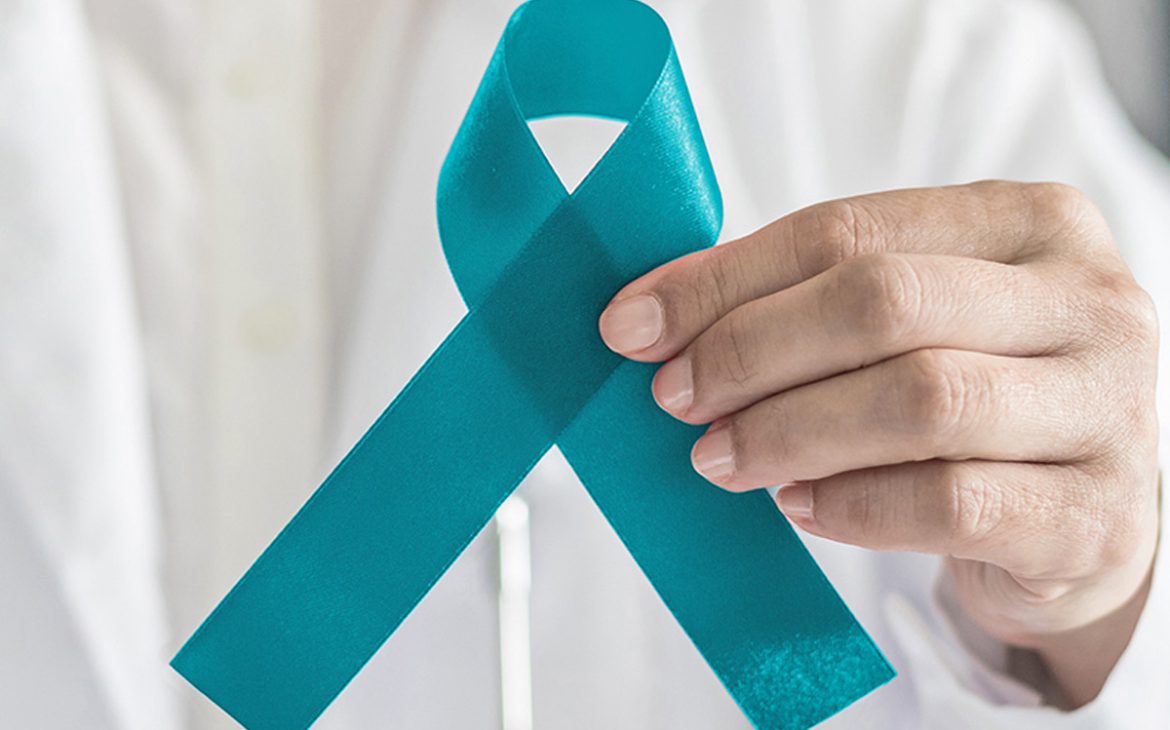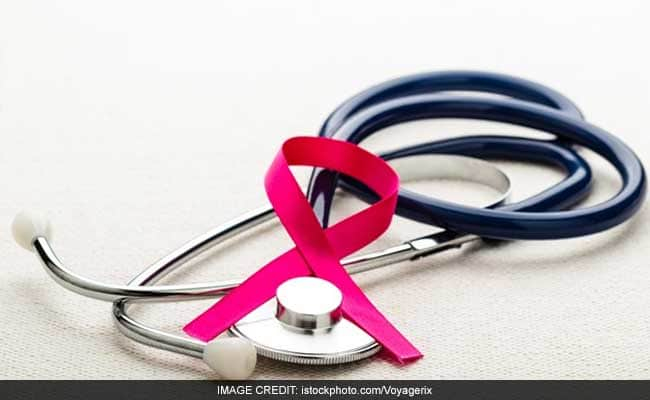April 14, 2024
by PharmaReviews
0 comments
Pharmaceutical Review (Staff Reporter). A culprit Mr. Sajid Bashir has been reappointed principal of the Lords College of Pharmacy (LCP) Lahore after his successful corruption in University of Sargodha. This innovative model of corruption and peace of crap is appointed as Principal of Lord Principal of the Lords College of Pharmacy (LCP) Lahore, Pakistan.
The seat of professor of pharmacy was advertised on November 1, 2009 in Daily Jung, bearing last date December 31, 2009, under which the said professor was selected. The criteria were also given as per guidelines of HEC Islamabad. In selection of professor, the external expert reports have key value to comply with criteria. Therefore, university did not give me access to the requested information to protect the illegal appointment. However, I obtained the reports from another source (copies attached Annexure 6). Both of the foreign reports did not support the appointment of candidate as professor in university of Sargodha as under,
- Sverre Arne Sande, Professor of Pharmaceutics and Social Pharmacy, Sem Sælands vei 3 Farmasibygningen 0371 Oslo stated in his decision (conclusion) that “reports and short communications can not be considered as research publication. In this case, he (culprit Mr. Sajid Bashir) do not comply neither with the requirement for the total publications, nor with the requirement for publication during the last five years. If one or more the publication in journals of unknown status should turn out to be recognized by HEC, he will comply the requirement for number of publication during the last 5 years, but the total number will still be too low”.
- Dr. Hohamed Azmi Ahmad Hassali, Associate Professor, Programme Chair, Discipline of Social and Administrative Pharmacy, School of Pharmaceutical Sciences, Universiti Sains Malaysia, 11800 Penang, Malaysia (T.: +604 653 4085, F.: +604 657 0017, azmihassli@usm.my) was associate professor at that time. He can not evaluate the candidate for the appointment as professor. One step lower expert automatically disqualified to examine the credibility of a candidate of higher (professorship) position. Secondly, Dr. Hohamed Azmi has worked with candidate (Sajid Bashir) during September 2009 – November 2009 to complete a cross-sectional, observational study entitled “Association between knowledge and drug adherence in patients with hypertension in Quetta, Pakistan”. Both of them (candidate and evaluator) have published their research article in “Tropical Journal of Pharmaceutical Research” April 2011; 10(2): 125-132. This is potential conflict of interest and automatically disqualifies the appointed of expert Hohamed Azmi Ahmad Hassali as foreign exprt. His evaluation also null and vided on behalf of his explicit predefined relationship with candidate.
The administration misinterpret, concealed the facts and hided the real information. Because in methodology section of the article, it is explicitly described that the project started in September 2009 and completed November 2009 as under,
“A cross-sectional, observational study was employed as the method of data collection. Based on the prevalence of hypertension, a sample of 385 hypertensive patients was selected between the months of September 2009 and November 2009 from two tertiary care hospitals in Quetta, Pakistan, namely, Sandamen Provisional Hospital and Bolan Medical Complex Hospital. Both of these institutions carry the major population burden from all over the province of Baluchistan with a large proportion of low income patients.”
Thus, candidate started project on September 2009 and completed on November 2009; before the advertised closing date December 31, 2009 of university of Sargodha. Then was, followed by revised accepted on January 12, 2011 and finally published on April 20, 2011. The screen shots are attached in Annexure 7 and web links are as under,
Unluckily, this innovative model of corruption, good peace of dirt and icon of useless crape is engaged and hired by Lords College of Pharmacy, Lahore, Pakistan.


